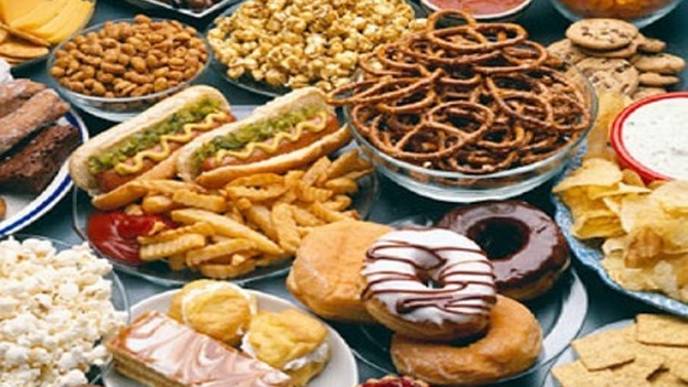Ultra-processed food intake was associated with higher overall cancer risk (n=2228 cases; hazard ratio for a 10% increment in the proportion of ultraprocessed food in the diet 1.12 (95% confidence interval 1.06 to 1.18); P for trend<0.001) and breast cancer risk (n=739 cases; hazard ratio 1.11 (1.02 to 1.22); P for trend=0.02). These results remained statistically significant after adjustment for several markers of the nutritional quality of the diet (lipid, sodium, and carbohydrate intakes and/or a Western pattern derived by principal component analysis).
CONCLUSIONS
In this large prospective study, a 10% increase in the proportion of ultra-processed foods in the diet was associated with a significant increase of greater than 10% in risks of overall and breast cancer. Further studies are needed to better understand the relative effect of the various dimensions of processing (nutritional composition, food additives, contact materials, and neoformed contaminants) in these associations.

